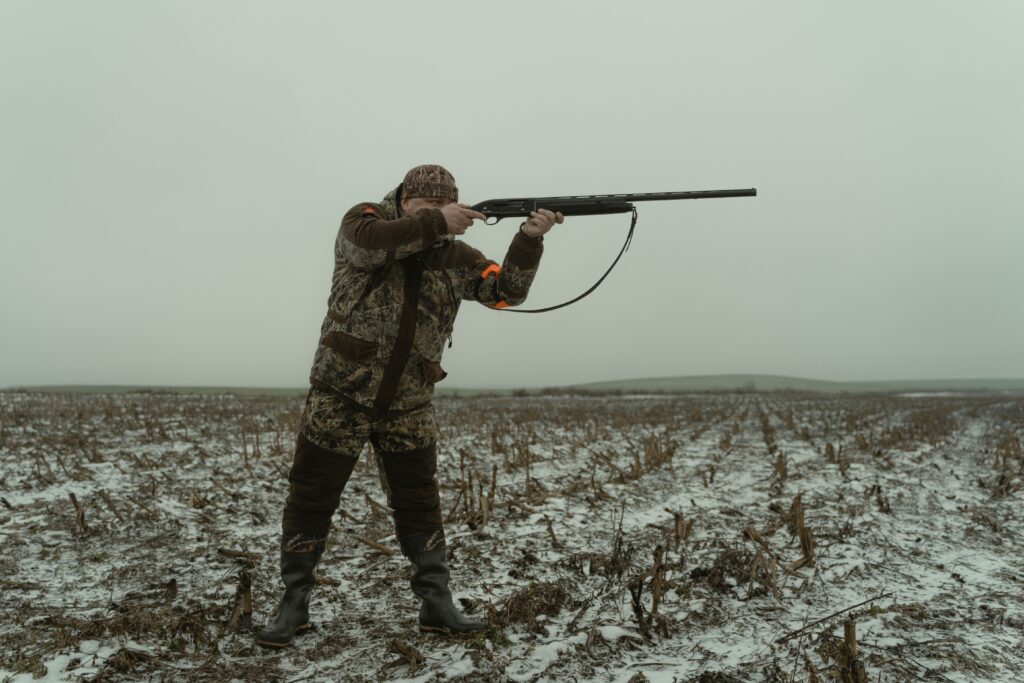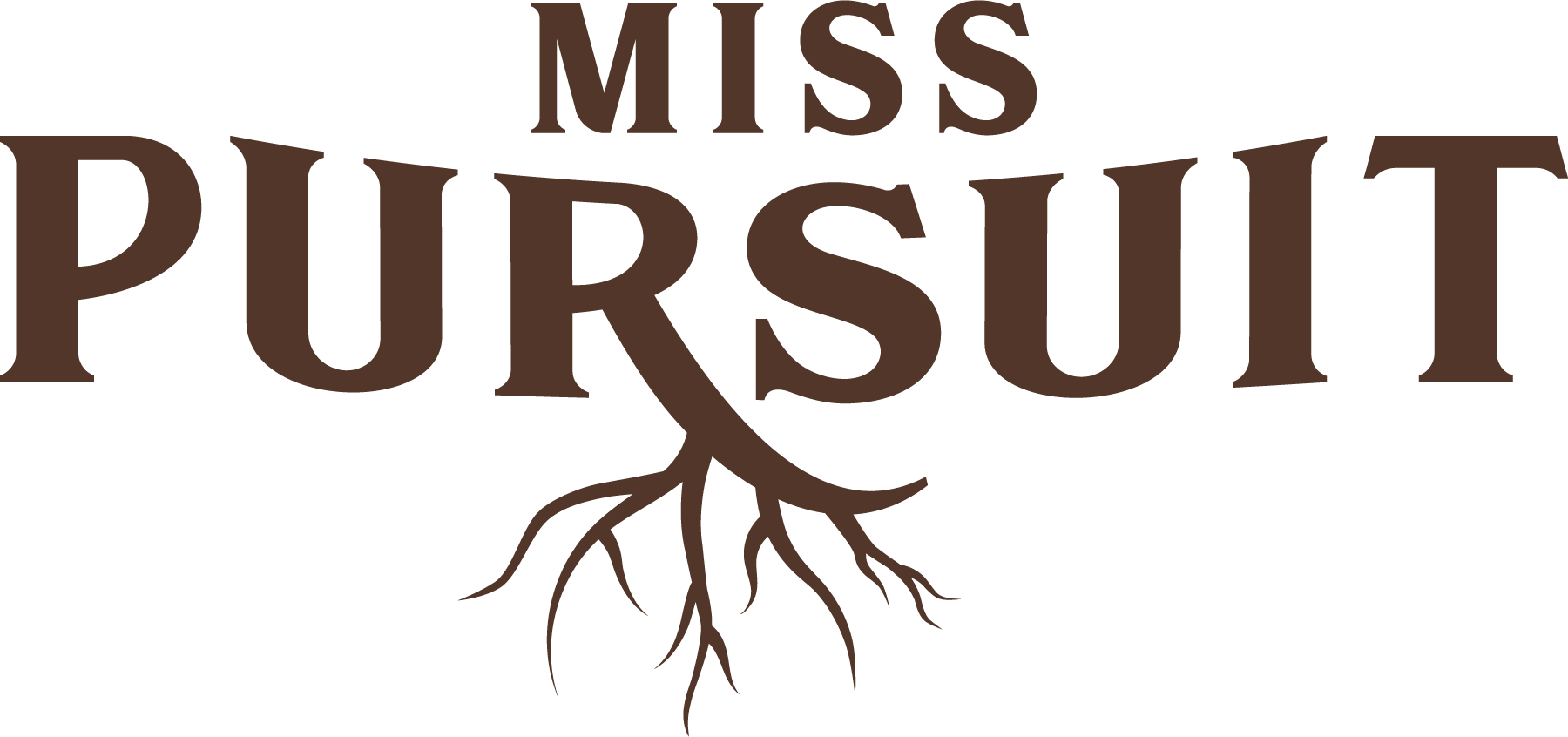What groups set hunting regulations in most states? State wildlife agencies or departments typically set hunting regulations in most states. These agencies are responsible for managing and conserving wildlife populations, including setting hunting seasons, bag limits, and other regulations to ensure sustainable hunting practices.
Understanding Hunting Regulations: Who Sets the Rules in Most States?

State Fish and Wildlife Agencies
In most states, the state's fish and wildlife agencies set hunting regulations. These agencies are responsible for managing and conserving the state's wildlife resources, including setting hunting seasons, bag limits, and other regulations.
State Legislatures
In some states, state legislatures set hunting regulations. This is typically the case in states where hunting is a contentious issue or where there is a strong political influence on hunting regulations.
Wildlife Commissions
Some states have wildlife commissions that are responsible for setting hunting regulations. These commissions are typically made up of appointed members who are knowledgeable about wildlife management and conservation.
Advisory Committees
In some states, advisory committees are responsible for providing input on hunting regulations. These committees may include representatives from hunting organizations, conservation groups, and other stakeholders.
Federal Agencies
While most hunting regulations are set at the state level, federal agencies, such as the U.S. Fish and Wildlife Service and the National Park Service, also play a role in regulating hunting on federal lands.
Tribal Governments
In some states, tribal governments have the authority to set hunting regulations on tribal lands. These regulations may differ from state hunting regulations and are typically developed in consultation with state wildlife agencies.
Private Landowners
On private land, the landowner sets hunting regulations This may include restrictions on hunting methods, bag limits, and other regulations designed to protect the landowner's property and wildlife resources.
The History and Evolution of Hunting Regulations in the United States
Since the founding of the United States, hunting has been an important activity for many Americans. However, as the country grew and wildlife populations began to decline, the need for hunting regulations became apparent. In the late 19th and early 20th centuries, many states began to pass laws regulating hunting, with the goal of protecting wildlife populations and promoting sustainable hunting practices.
One of the earliest and most significant pieces of hunting regulation in the United States was the Lacey Act of 1900. This federal law made it illegal to transport illegally hunted or captured wildlife across state lines. This law was later amended to include foreign wildlife, and it is still in effect today.
Throughout the 20th century, hunting regulations continued to evolve, with many states implementing bag limits, closed hunting seasons, and other measures to prevent overhunting and protect wildlife populations. In the 1970s, the federal government passed several landmark pieces of wildlife conservation legislation, including the Endangered Species Act and the Marine Mammal Protection Act, which further strengthened hunting regulations and wildlife conservation efforts.
The Role of Hunting Organizations and Interest Groups
Hunting organizations and interest groups have played an important role in shaping hunting regulations in the United States. These groups often lobby lawmakers and work to influence public opinion on hunting-related issues. For example, the National Rifle Association (NRA) is a powerful lobbying group that advocates for the rights of hunters and gun owners.
Many hunting organizations also provide educational resources and support for hunters, including hunter safety courses and conservation initiatives. For example, Ducks Unlimited is a conservation organization that works to preserve wetland habitats for waterfowl and other wildlife, while also promoting sustainable hunting practices.
Different Types of Hunting Regulations
Hunting regulations in the United States can vary widely from state to state, but there are some common types of regulations that are found in most states. These include regulations related to hunting methods (such as bow and arrow, rifle, or shotgun), bag limits (the number of animals that can be legally harvested), and licensing requirements for hunters.
In addition, some states have regulations related to the use of hunting dogs, such as restrictions on the use of certain breeds or training methods. Some states also have regulations related to the transportation of harvested game, such as requirements for tagging or reporting the harvest to state wildlife agencies.
The Enforcement of Hunting Regulations
Enforcement of hunting regulations is typically the responsibility of state wildlife agencies, with support from local law enforcement agencies. Penalties for violating hunting regulations can include fines, loss of hunting privileges, and even imprisonment in some cases.
In addition to government enforcement efforts, many hunting organizations and interest groups also work to promote compliance with hunting regulations and educate hunters on the importance of following the rules. For example, the International Hunter Education Association provides hunter education courses and other resources to promote safe and ethical hunting practices.
Why are hunting regulations passed?
Answer: To ensure the sustainability of wildlife populations, prevent overhunting and extinction of certain species, and promote ethical and safe hunting practices, hunting regulations are passed. They also help to manage the balance between wildlife populations and their habitats and to protect public safety.
